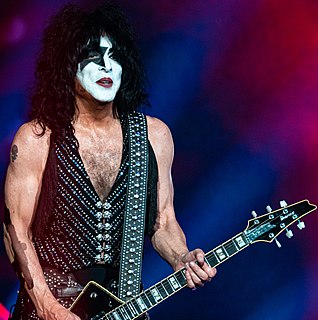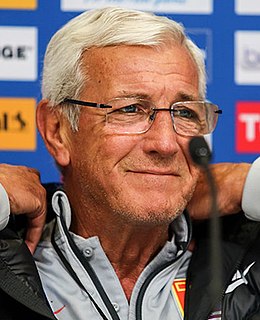A Quote by Vissarion Belinsky
I am strongly convinced that the people or society is the best and the most unerring critic.
Related Quotes
What we need most is to restore and revive our humanity. We must create a society where people can live with dignity, a society where people can live in peace and happiness. People are tired of games played for power and profit. People are tired of hatred and conflict. They want to live with more wisdom and confidence, and in peace. It may seem like a long and distant path, but I am convinced that the 21st century must see a movement to sow the seeds of peace, happiness and trust in every person's heart. The seeds of a truly humane way of life. I am convinced this is the only path.
You find very few critics who approach their job with a combination of information and enthusiasm and humility that makes for a good critic. But there is nothing wrong with critics as long as people don't pay any attention to them. I mean, nobody wants to put them out of a job and a good critic is not necessarily a dead critic. It's just that people take what a critic says as a fact rather than an opinion, and you have to know whether the opinion of the critic is informed or uninformed, intelligent of stupid -- but most people don't take the trouble.
Music critics are, for the most part, bitter people who are intent at dragging people down for being successful at what they want to do, which is probably music. The oddity of being a critic is: You don't get a diploma, you just decide you're a critic. If someone listens to your opinion rather than their own, it's their mistake. Any critic's top 10, any year, it's something controversial or something that will make them look hipper-than-thou. The whole critic game, we've never played.
I am a convinced and consistent critic of party-parliamentarism. I am for non-partisan elections of true people's representatives who are accountable to their regions and districts; and who in case of unsatisfactory work can be recalled. I do understand and respect the formation of groups on economical, cooperative, territorial, educational, professional and industrial principles, but I see nothing organic in political parties. Politically motivated ties can be unstable and quite often they have selfish ulterior motives.
To this day I am not convinced of having brought together with me in Germany the technically best players that could have been. But I was firmly convinced I called the ones that could create a team, and they could play with one another to the best of their possibility. In this day and age you win if you become a team. It doesn't necessarily mean that you've got to have the best football players in the country. It's possible that the best, all together, don't become a team. It's like a mosaic, you have to put all the pieces together.
One of the best and most challenging books about Orwell is by the socialist literary critic Raymond Williams. As a critic - and, in some ways, as a figure, at least within the academy - Williams was what England had in the generation after Orwell, and toward the end of his life, he became more critical of his predecessor.
No publisher should ever express an opinion on the value of what he publishes. That is a matter entirely for the literary critic to decide. I can quite understand how any ordinary critic would be strongly prejudiced against a work that was accompanied by a premature and unnecessary panegyric from the publisher. A publisher is simply a useful middle-man. It is not for him to anticipate the verdict of criticism.




































